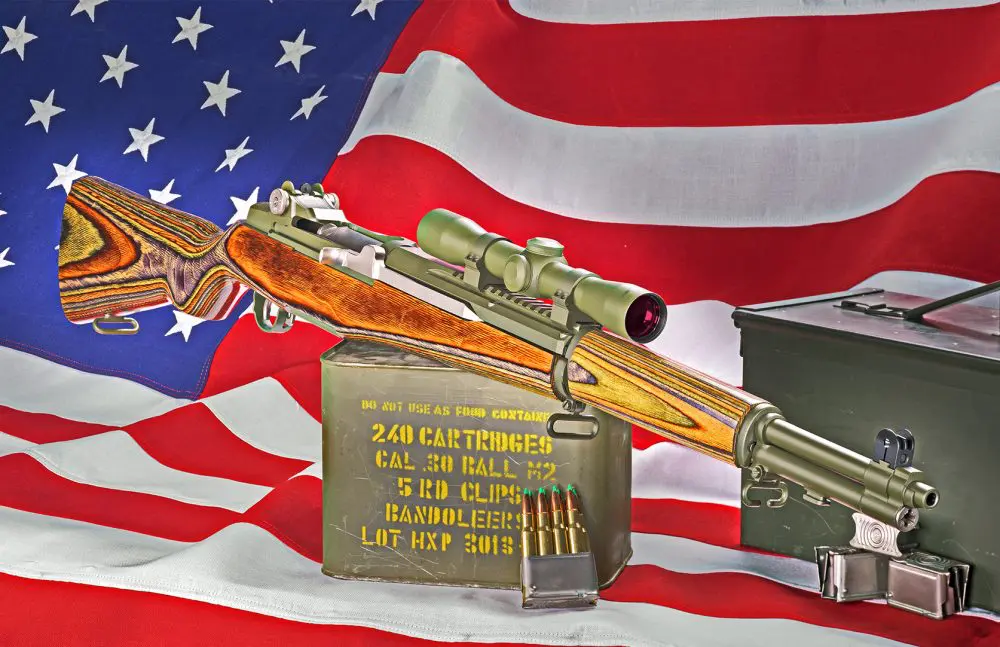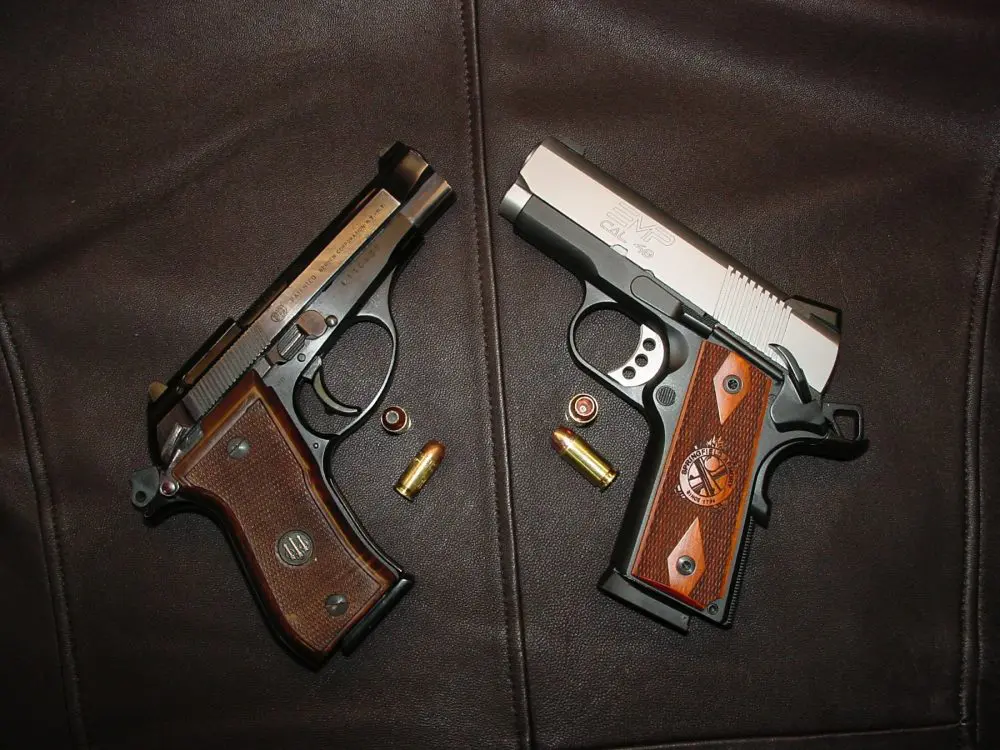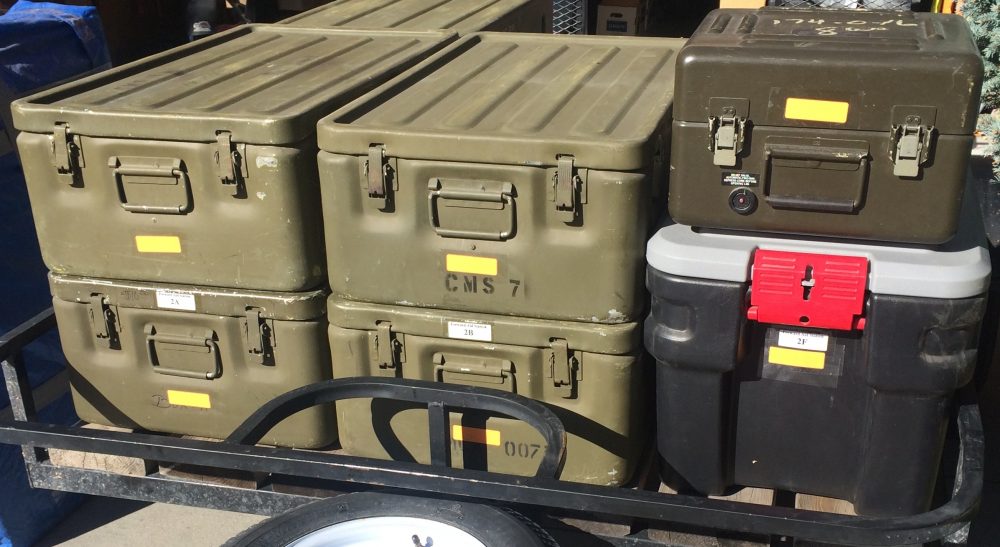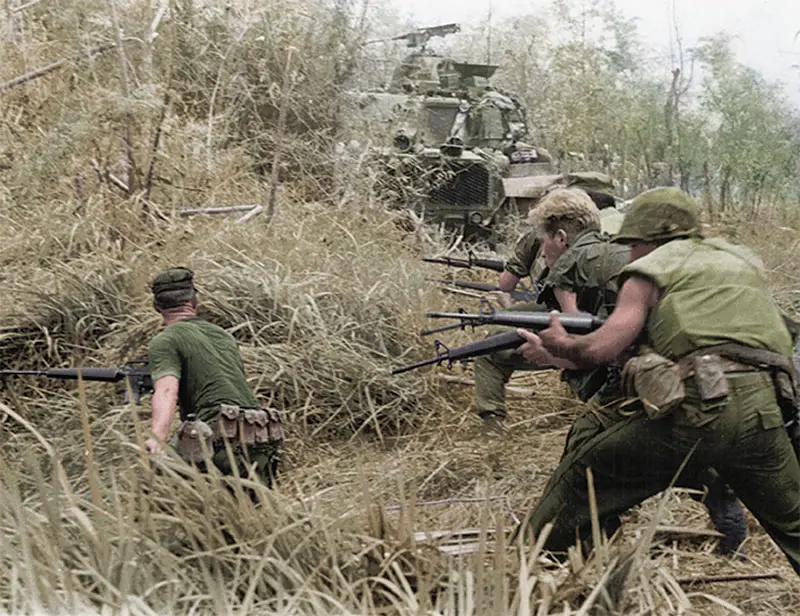Brett, my wife, is a saint. Anyone who knows us comprehends what she has to put up with. My mother viewed her as saintly simply due to the fact that, as sophisticated and well educated as she is, through some obtuse rationale, she saw fit to associate with me.
She’s a nice girl from Minnesota, a UCLA Bruin, who has common sense and sophistication, and a lot of them. I, on the other hand, do not. She simply tolerates me for reasons I have yet to fathom.
As some of you might know, I am a former LAPD Officer. Never worked the desk and have arrested a few folks and such nonsense, just to set the background. The other night we’d been out to dinner by the ocean and were driving home down San Vicente Boulevard, which is a wide, magnolia-treed avenue bordered by multi-million dollar homes. In short, it’s an upscale area of Los Angeles. No bad guys around for miles.
It was cool out and I had the window down. Brett inquired as to just why I had to roll the window down. “In case something happens.” “What?” “You know … if something happens, I can respond.” “Scott, put the window up … now! It’s not that kind of evening!”
What Brett meant is that this was not high-risk patrol. This was not a dope-slinging, gang-infested, life-threatening, high-alert evening. This was a romantical (sic), laid-back, relaxed evening not given to an exchange of pleasantries via powder-burned flying lead. In short, Reitz … cool it. Fair enough.
What a magnificent one-liner that said it all. The former cop versus the rational, educated woman. You see, a real “poooliceman” keeps the window down. You can hear things more acutely, see things more clearly, and shoot faster in response with a window down than you can with a window up.
It takes extreme meteorological conditions to prevent a “poooliceman’s” vehicle window from not being placed in a downward configuration. I learned this from day one on the job. This makes sense to me. It does not make sense to Brett.
As one might imagine, the topic of response mechanisms continued for the rest of the trip home. Brett won and the window stayed up. (She wins the vast majority of discussions anyway.)
Police view the world through a much different lens than most of society. Wherein “normal” people observe something as being somewhat odd, police interpret it as probable nefarious intent. Overly familiar individuals are viewed with intense skepticism by police, whereas “regular” folks perceive a gregarious, outgoing personality. This is simply perception based on life experience.
Police have a dark sense of humor. Non-police do not view this humor as humorous at all. “How could you say that?” (Not an altogether unfamiliar refrain.) We went to a toy store for our one-year-old niece’s birthday. I inquired if they had Lawn Darts for the little tyke. Not funny. “How about an explosives chemistry set?” Also not funny.
I do not like to sit with my back to the restaurant or any public venue. I prefer to be seated with my back to the wall. I like to see what’s coming. Brett is extremely tolerant of this predilection, although sometimes I hazard myself in order to render her the better ocean view or more comfortable seat. Rather magnanimous of me, don’t you think?
Police view the world from a highly influenced lens. Most of our interactions with the world are the result of negative, not positive, influences. Over time, this colors how we, as officers, interpret the human condition. Rarely does the world afford us a positive, reinforcing experience. Negativity exacts a toll on our psyche.
Some time after my retirement, I began to settle down and, as Brett might say, “became more of a normal human being.” I still possess the ability to go “Old School Metro” in a heartbeat if things turn south, but thankfully, this hasn’t happened. I’m more relaxed and less stressed than I was, and yet some habits die hard. I am unaware that I am acting in the way I am, which is a direct result of the department itself and my own street experience.
Early in my LAPD Academy days, the collective “they” as instructors sagely predicted that the experience of being an L.A. cop would change us. At the end of your career, you will not be what you are now, and that’s only if you make it to the end. The caveat was that this transformation would most probably not be for the better in terms of interacting with those outside the police community and the world in general.
I don’t know if this is altogether true. Plenty of police types have interests and associations well outside those of police realms. They remain balanced in their interactions with other humans. This is a good thing from my perspective. Placing all of one’s self-worth in the fact that you are an officer fails to take into account that at some point the party’s going to end, and then where will you be and what will you become?
Seasoned officers are acutely aware of what is occurring around them on the street. This is basic street survival, and in an off-duty setting can be of immense benefit when recognizing potential issues about to arise. There is something to be said for educating those around you, whom you care for, to follow directives if something of a critical nature arises.
Prepare for the worst, hope for the best. To those not so attuned, this may seem a bit paranoid, when in reality it is nothing more than being aware and prepared to counter those who might endanger others.
Scott Reitz is a 30-year veteran of the Los Angeles Police Department and director of the highly acclaimed International Tactical Training Seminars. Course information and schedules are available at their website at www.internationaltactical.com. Scott also co-hosts the Oxygen channel true-crime series It Takes a Killer.




